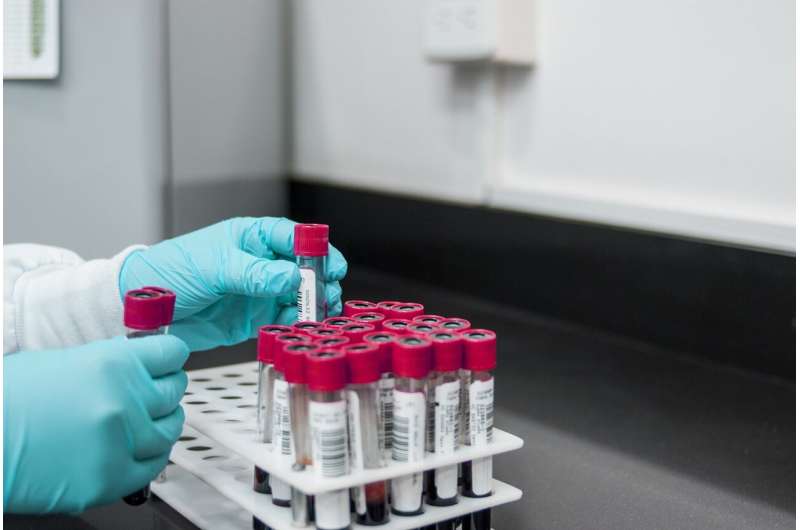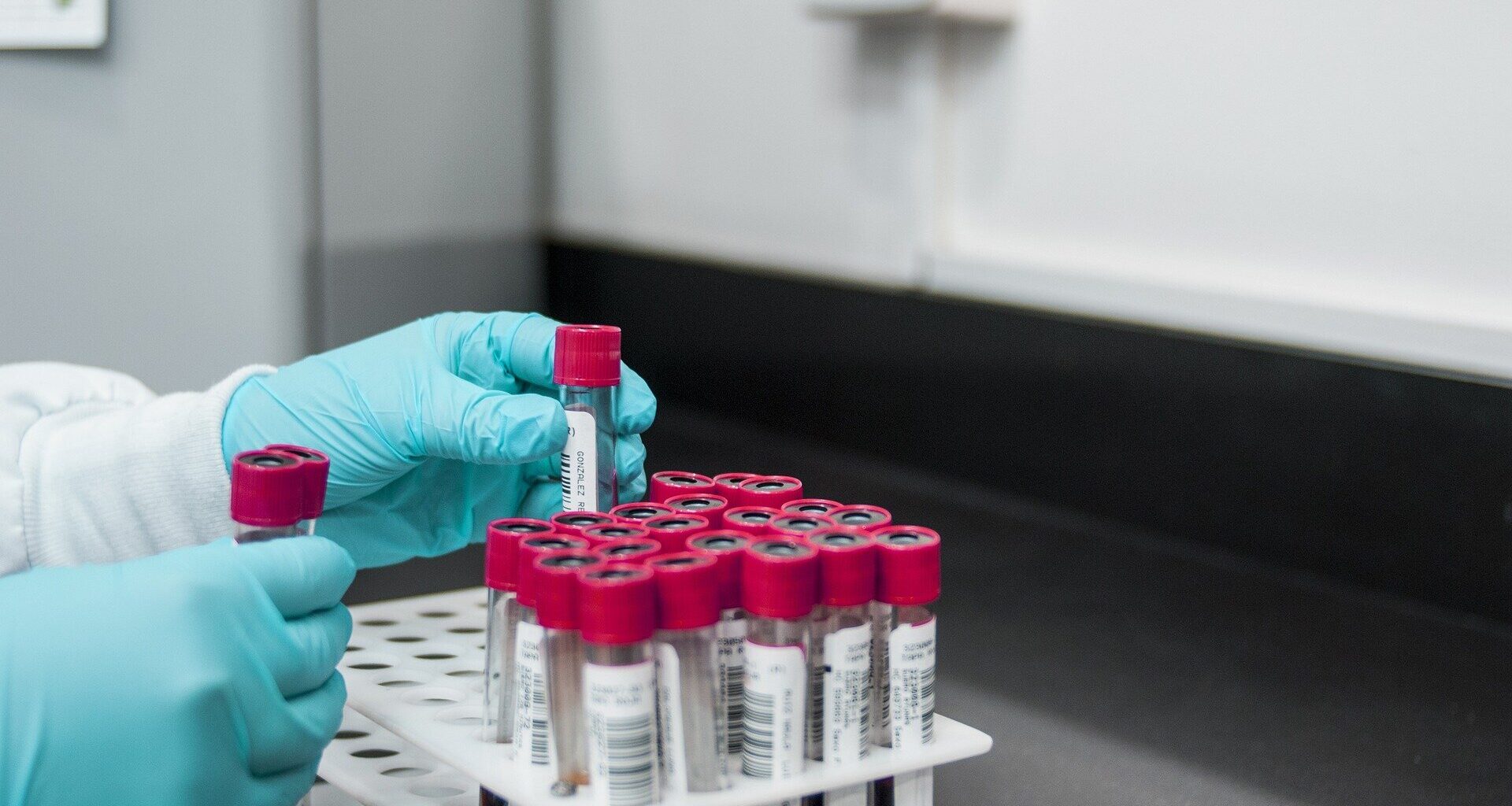
Credit: Pixabay/CC0 Public Domain
A group from Nagoya University in Japan has developed a simple, accurate, and sensitive method for measuring polysialic acid, a unique acidic glycan found in the brain. Polysialic acid fluctuates in the blood of patients with psychiatric disorders.
As it is increased in schizophrenia patients, the glycan represents a potential diagnostic tool and possible target for treatment. The results were published in Scientific Reports.
Polysialic acid is a unique acidic glycan that exists mainly in the regions of the brain involved in memory and emotion. However, it is also found in the blood at a certain level, and changes are found in the blood of patients with mental disorders and even cancer.
Being able to accurately measure the blood levels of glycan could improve the diagnosis of these diseases, but its unique physical and chemical properties make accurate quantification difficult.
The group’s new technique is based on a sandwich ELISA, a method that uses a pair of antibodies, a capture antibody and a detection antibody, that recognize the different structure of polysialic acid and bind to it, “sandwiching” it. Their technique uses both positive and negative antibodies as detection antibodies.
The negative antibody is a point-mutated positive antibody that completely loses its binding activity without any conformational changes. The subtracted values for the negative from the positive antibodies minimize a non-specific binding that is often problematic for glycan-specific antibodies, maximizing the accuracy of measuring polysialic acid.
Their technique showed an increase in the amount of polysialic acid in blood samples taken from schizophrenia patients, but not in those taken from chronic inflammatory demyelinating polyneuropathy patients.
As the blood levels of polysialic acid were different between the diseases, blood samples could be useful for differentiating them.
The group sees their research as having applications to other conditions. “Cancer cells release exosomes and other substances that enter the bloodstream and increase the concentration of polysialic acid,” corresponding author Chihiro Sato, Professor of the Institute for Glyco-core Research (iGCORE) at Nagoya University, said.
“Finding out more about the mechanism underlying the increase in blood polysialic acid levels in various diseases could lead to new treatment options for these diseases.”
More information:
Masaya Hane et al, A highly sensitive quantitative method of polysialic acid reveals its unique changes in brain aging and neuropsychiatric disorders, Scientific Reports (2025). DOI: 10.1038/s41598-025-02583-x
Provided by
Nagoya University
Citation:
Simple blood test detects unique glycan linked to schizophrenia diagnosis (2025, July 3)
retrieved 4 July 2025
from https://medicalxpress.com/news/2025-07-simple-blood-unique-glycan-linked.html
This document is subject to copyright. Apart from any fair dealing for the purpose of private study or research, no
part may be reproduced without the written permission. The content is provided for information purposes only.
